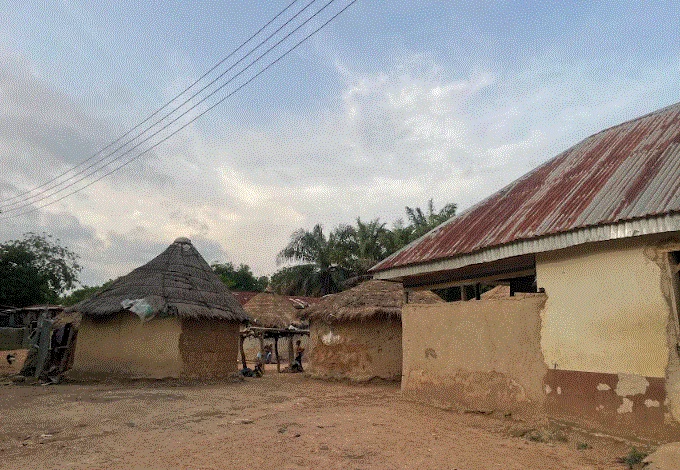Residents of Gwarinpa lament unfinished General Hospital, 10 years after construction began

Residents of Gwarinpa, a large community in Abuja, are expressing frustration over the prolonged construction of the Gwarinpa General Hospital, which has remained incomplete for over 10 years. The project, initiated in 2010, was aimed at addressing the growing healthcare needs of the area’s population but has failed to meet expectations.
The foundation for the 220-bed hospital was laid by the administration of former President Goodluck Jonathan in 2012, with the goal of easing the strain on the existing Gwarinpa General Hospital in Lifecamp. However, the construction has been riddled with delays and incomplete phases, leaving residents like Musa Adamu—a victim of a workplace accident in 2019—without local healthcare access. Adamu, who suffered a severe spinal injury, had to be transferred to hospitals far from his home, exacerbating his suffering due to the long distances and lack of nearby care.
The current state of the construction site, which UDEME visited, shows an unfenced skeletal building surrounded by local huts from the nearby Rugan Fulani community. While the administrative block is roofed and plastered, the main hospital building remains unfinished, with only the roof frame in place. Kabiru Muhammad, a former worker at the site, confirmed that no work has been done since October 2023, contributing to a growing sense of abandonment in the area.
Community Impact and Inadequate Healthcare Access
Local residents, including nursing mother Salamatu Abubakar, are left with limited options for healthcare, often facing hours-long waits at the Gwarinpa General Hospital in Lifecamp or being forced to seek costly private healthcare. The strained facility is understaffed and often closes early, causing delays and inconveniences for people seeking care. Abubakar shared a distressing account of a neighbor who had to rush to a private hospital for childbirth, despite the prohibitive costs.
The Gwarinpa community’s frustration is compounded by the project’s failure to meet its original timeline. According to the approved budgets for 2019, 2021, and 2022, the construction was allocated N500 million, N519 million, and N400 million, respectively. The first phase was supposed to be completed by 2022, but work has largely stalled, with little to show for the funds invested.
Despite repeated inquiries from UDEME, the Federal Capital Territory Administration (FCTA) has failed to provide details about the current status of the project, including how much funding has been released or how the project is being managed.
Questions of Transparency and Ethics
The contract for constructing the hospital was awarded to Mabelt Construction Co. Limited, a company linked to Aseminaso Nyingierefaka, a relative of former First Lady Patience Jonathan. While there is no definitive proof that the former first lady personally influenced the contract, concerns about potential conflicts of interest have surfaced. An independent lawyer reviewed the company’s records and found that Mabelt Construction has a questionable business history, including a lack of transparency about its contracts. This has raised ethical questions, although no fraud has been definitively proven.
Reasons for the Delay
A worker at the construction site cited several factors contributing to the delays, including settlement issues with local communities, design revisions, payment delays, and the rising cost of materials since the project began in 2013. Despite these challenges, the worker claimed that 80% of Phase 1 of the hospital had been completed, though he was unable to provide specific financial details.
Hope for Completion
Despite the ongoing challenges, residents of Gwarinpa remain hopeful that the hospital will eventually be completed. Aisha Sulieman, a local resident, expressed that the completion of the hospital would greatly ease the burden on families in the community, who currently have to travel long distances for healthcare.
As the Gwarinpa community waits for the completion of the hospital, the delay serves as a reminder of the need for better management, transparency, and accountability in the execution of public health projects, particularly those intended to serve vulnerable populations.





